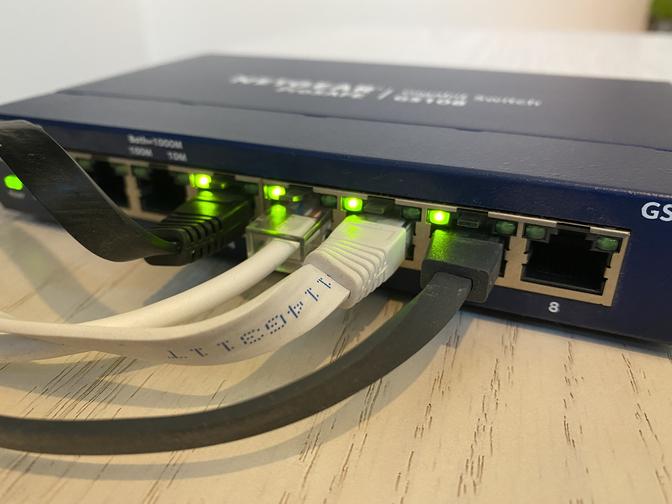Here's how you can apply to the FCC for the $50 discount on your broadband bill
You may be eligible for a $50 monthly coronavirus pandemic discount on your home broadband bill starting next week.
The Emergency Broadband Benefit Program was included as part of the roughly $900 billion COVID-19 relief package passed by Congress in December 2020 and signed by President Donald Trump. It set aside $3.2 billion for the Federal Communications Commission to cover the program.
Internet connectivity has been vital during the coronavirus pandemic as more Americans worked from home and more students attended school at home. "Families in every corner of the country have been struggling to get online throughout this pandemic. For those families, we now say help is around the corner," FCC Acting Chairwoman Jessica Rosenworcel said in a statement last week.
How do I sign up?
First, you can visit the Get Emergency Broadband site for more information on how to get the benefit. It will soon also have a search function to find providers near you.
It will also tell you what documents you need to prove your eligibility, such as a tax return, Social Security statement of benefits and a furlough notice, for instance.

Online and printable applications will be available on the Get Emergency Broadband site next week.
Some providers such as Q-Link are already signing up consumers. The FCC has a national list of participating companies. If you aren't on a program like Lifeline, you will want to contact the companies directly. AT&T, for instance, has an EBB site; it plans to offer the discount on AT&T Mobility and Cricket wireless, as well as AT&T Internet.
Recipients of the benefit do not get the money directly. Your provider gets the money to cover the discount directly from the EBB.
How long will the broadband benefit last?
The program will end when the money runs out or six months after the Department of Health and Human Services declares an end to the COVID-19 health emergency, whichever comes first, the FCC says.
Once people start applying, the agency will assess the number of households and amounts disbursed to project the program's length – and make public its projections.
Assess whatever plan you sign up for to make sure you can afford it when the programs ends, because participating households will need to opt-in to continue getting services from their selected provider. When the program ends, they will be billed the general monthly rate.
A bill has been introduced in both houses of Congress called the Accessible, Affordable Internet for All Act, which would expand broadband funding as part of a national plan to connect unserved and underserved communities with affordable high-speed internet access.
But two senators, John Thune, R-S.D., and Roger Wicker, R-Miss., would like the Government Accounting Office to review the EBB before additional money is granted."We believe proper oversight of this publicly funded program is critical to allowing Congress to thoroughly and carefully consider the program’s benefits," they said in a letter to GAO head Gene Dodaro on April 29.
Follow Mike Snider on Twitter: @MikeSnider.








